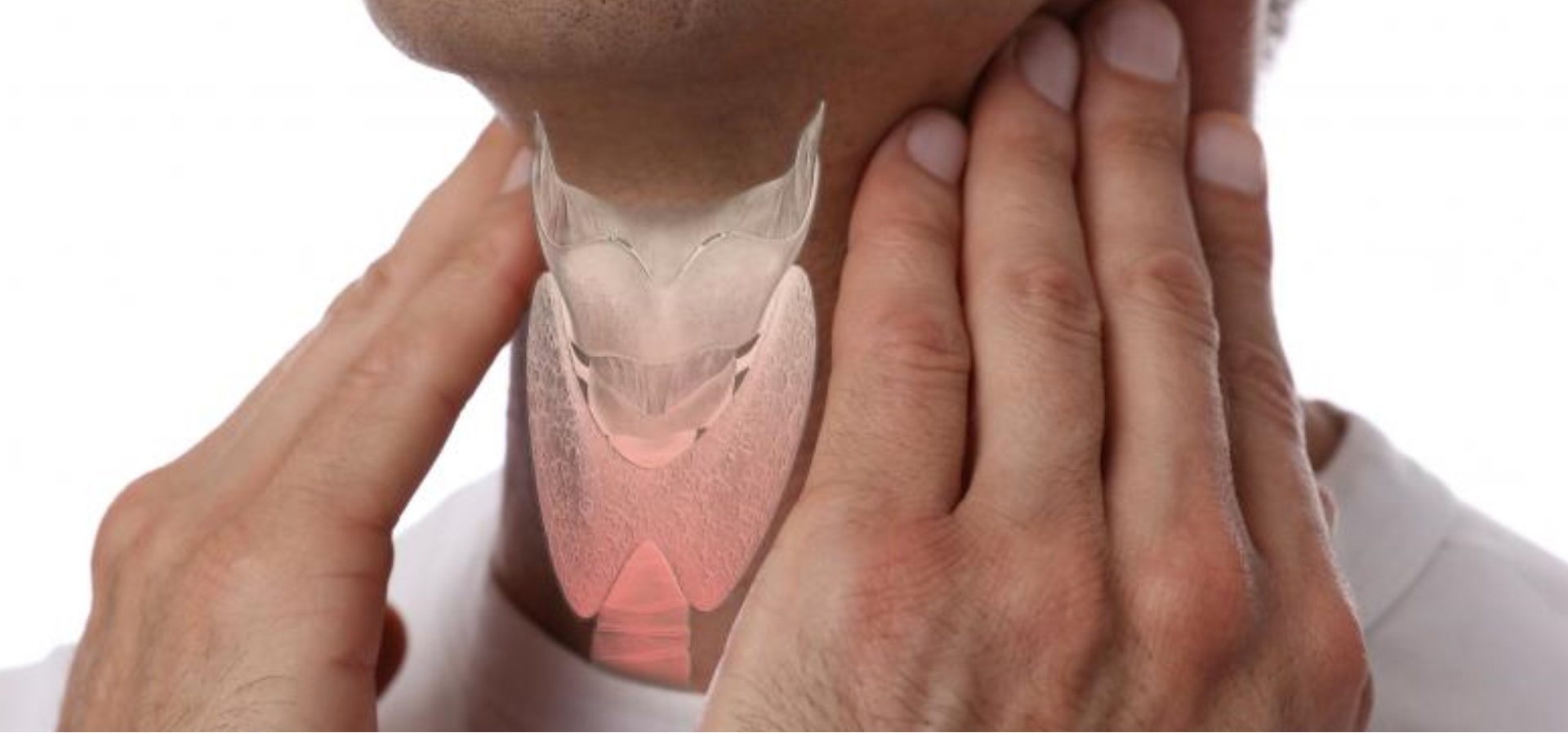THYROID EXPLAINED
You must have heard people complaining about an underactive or overactive thyroid problem. What are they talking about?
We all have a thyroid; it has been described as a butterfly shaped glad that sits in the neck are next to the voice box. This gland very important to our body as it controls most of our metabolic processes by releasing hormones into the bloodstream. It is part of the endocrine system, glands that control the body’s activities such as body temperature, pulse rate, activation of nervous system reflexes and more.
The thyroid produces hormones to do it job, so when there is an over production (hyperthyroidism) of hormones or an insufficient (hypothyroidism) production, this is when we experience problems.
The main 2 thyroid hormones are T3 & T4. These require Iodine to be absorbed through the foods we eat in order to create these essential hormones. We don’t naturally produce Iodine so we must ensure our diet provides enough for our thyroid to work efficiently. Unless you have hyperthyroidism then you want to lower iodine levels.
Do you have anything wrong with your thyroid? Let’s have a look at both hyperthyroidism and hypothyroidism:
Hypothyroidism
- Females over the age of 60 are more affected with this.
- Symptoms usually come on slowly over time and can include:
o Fatigue
o Weight gain
o Sensitivity to hot/cold
o Weak muscles 7 muscles aches
o Depression
- Almost 90% of all hypothyroidism is caused by an autoimmune disease called Hashimoto’s thyroiditis, whereby the immune stem mistakenly attacked the thyroid gland.
- Treatment luckily is readily available in the form of synthetic thyroid hormones called levothyroxine (Levothroid, Synthroid, others) which can be taken daily to do the job of the thyroid.
- Try including Iodine, selenium and zinc in your diet.
Hyperthyroidism
- Hyperthyroidism can affect anybody but generally is linked to genes and diseases such as Graves’ disease & Plummer’s disease.
- Symptoms include:
o Rapid/irregular heart rate
o Unexplained weight loss
o Nervousness/anxiety
o Sweating
o Fatigue
o Difficulty sleeping
- Treatment to reduce the symptoms often include radioactive iodine and antithyroid drugs.
- Unfortunately, hyperthyroidism can lead to complications such as heart problems, eye problems, skin swelling and reddening and brittle bones.
- Try to avoid iodine rich foods, gluten & soy if you have hyperthyroidism.







